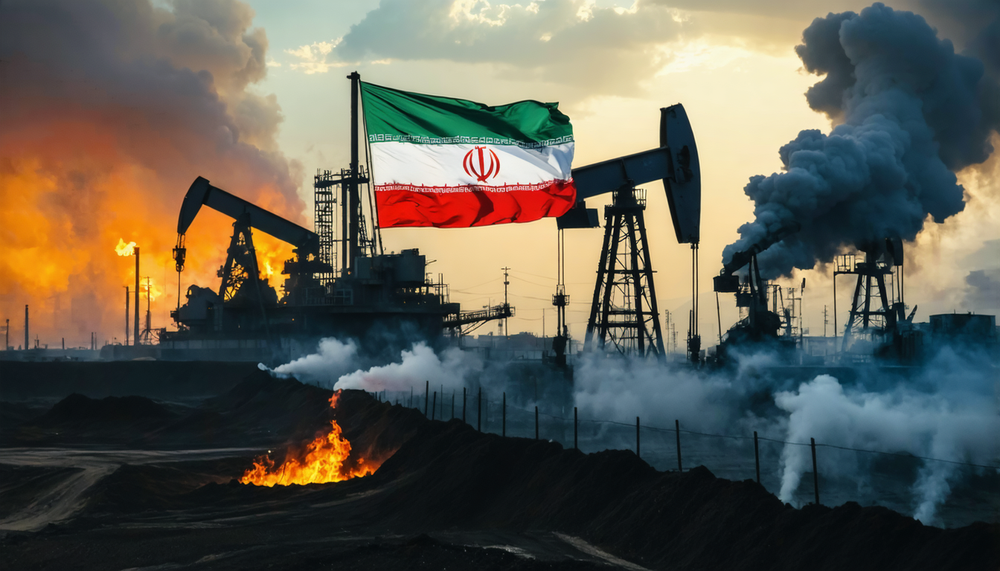U.S. Treasury Threatens to Cripple Iran's Economy by Targeting Oil Exports
The United States Treasury has issued a stern warning that has sent ripples through the global economic community. In a calculated move, the Treasury Secretary announced intentions to deliver a significant blow to Iran’s economy by shutting down its oil industry. This bold strategy could bring about monumental shifts in the economic stability of the Middle East.
The Heart of Iran’s Economy: Oil Industry
Iran’s economy is deeply intertwined with its oil industry, which forms a considerable portion of its economic lifeline. As stated by the Treasury Secretary, the aim is to significantly reduce Iran’s fiscal budget that heavily relies on oil exports. According to CNBC, the collapse of this industry would not only affect Iran’s GDP but could also destabilize global oil prices, creating a ripple effect far beyond the borders of these two nations.
Sanctions and Their Impact
The proposed shutdown forms part of a broader spectrum of economic sanctions aimed at pressuring Iran into compliance with international norms. Such sanctions have historically included restrictions on banking, trade, and crucially, oil exports. These measures are expected to significantly curtail Iran’s ability to engage in global economic activities, which could lead to severe shortages and inflation within the country.
Responses from Global Leaders
The international community has had varied responses to the U.S.’s stern announcement. While some allies support the move, seeing it as a necessary step toward ensuring compliance with global policies, others caution against the potential humanitarian impacts on Iranian citizens. CNBC reports growing concerns about the socioeconomic repercussions that could lead to unrest within the region.
Potential For Humanitarian Crisis
As the door of diplomacy narrows and economic hardships multiply, Iran faces the real risk of a looming humanitarian crisis. The erosion of income sources could exacerbate food shortages and healthcare access issues, thus straining both citizens and the government. The ethical implications continue to spur debate among scholars and policymakers worldwide.
Looking Forward
The U.S. move to halt Iran’s oil industry could mark a pivotal moment in geopolitical strategies regarding economic warfare. As these tensions rise, the world stands watchful, awaiting the next chapter in a saga that has profound implications for international diplomacy, economic structures, and even future energy policies.
In a world increasingly interconnected by economic ties, such assertive measures cast long shadows, and it remains to be seen how Iran, and indeed the global community, will navigate these turbulent waters. The strategic interplay and the unfolding consequences may redefine not just regional, but global political and economic landscapes.




